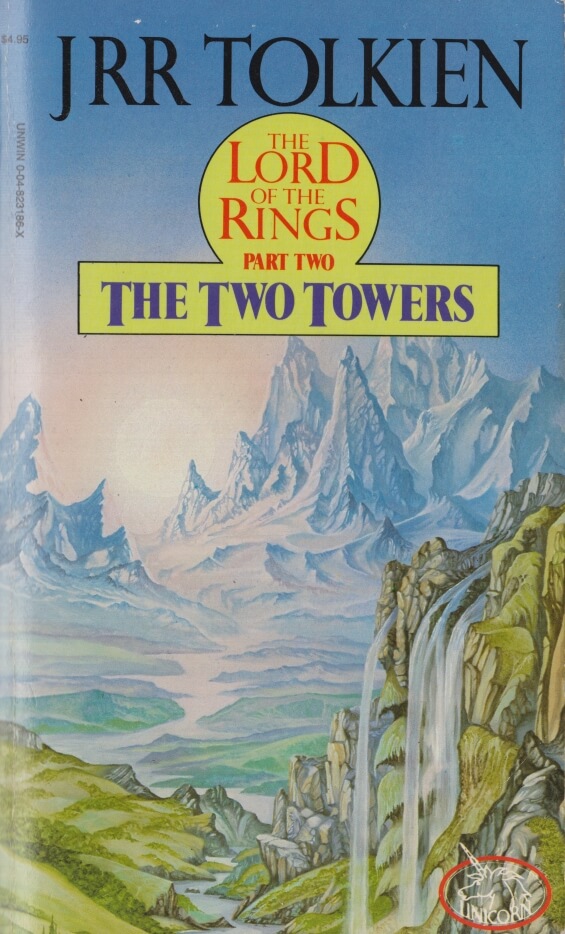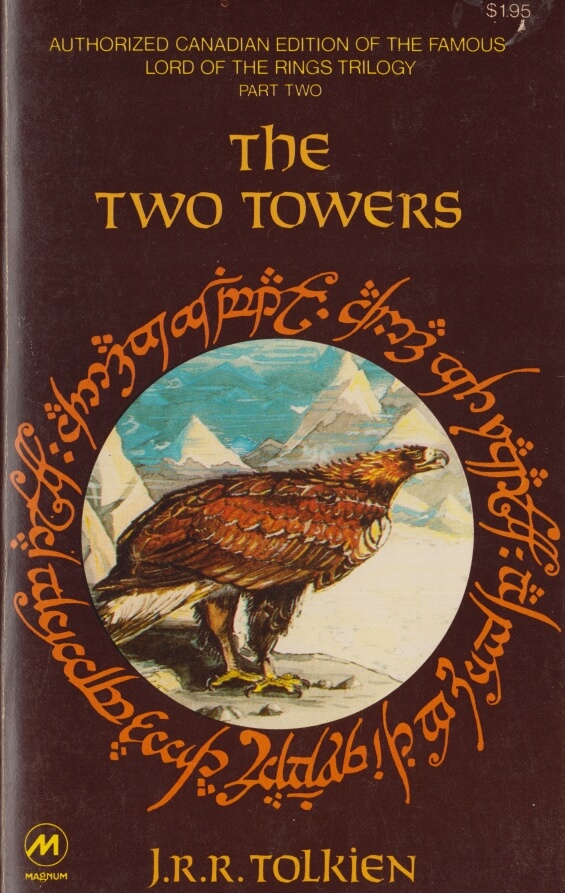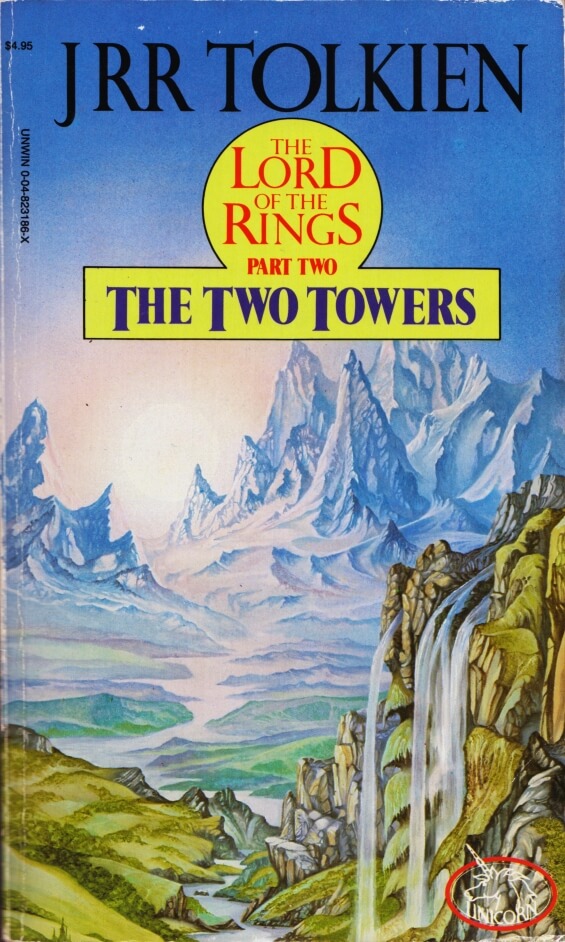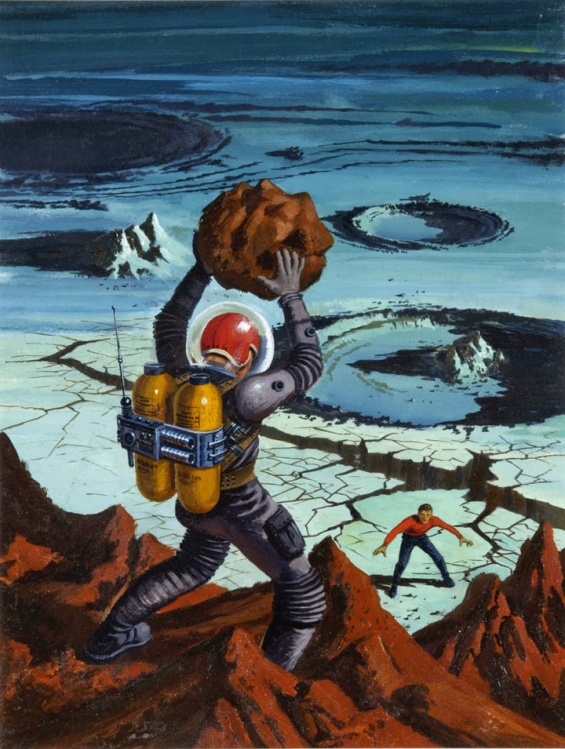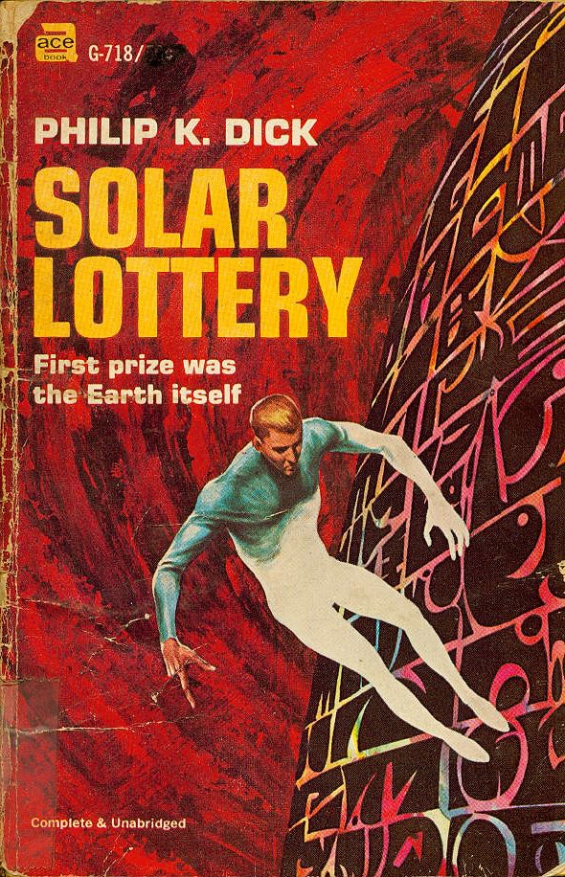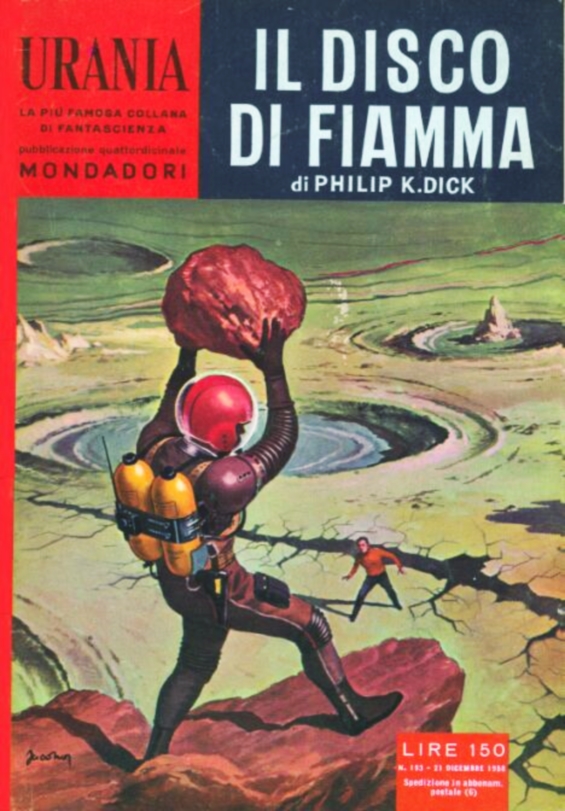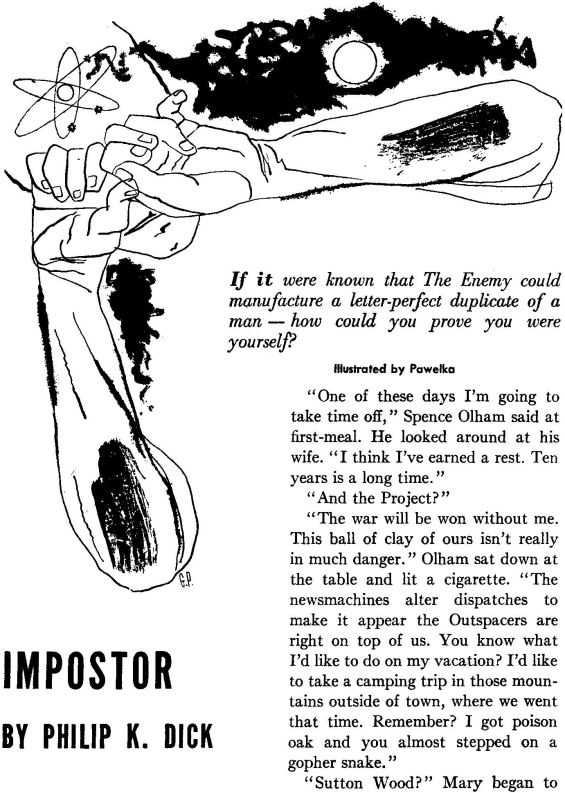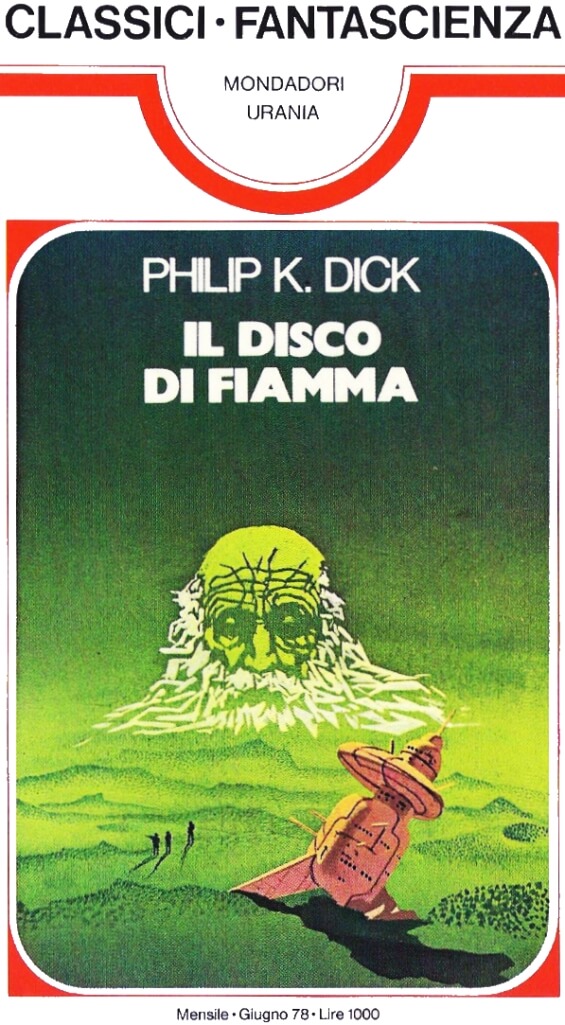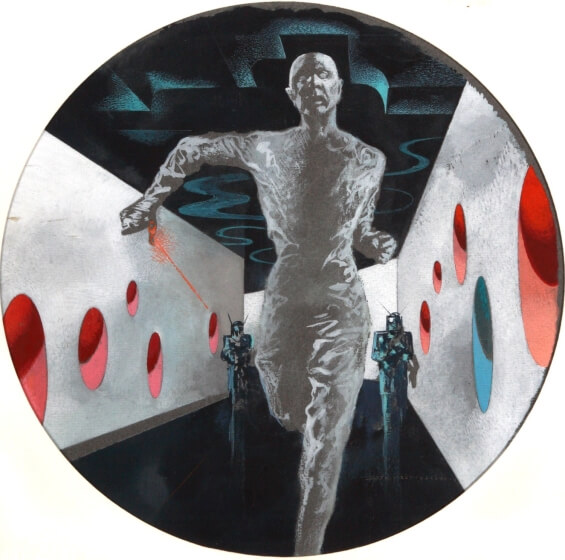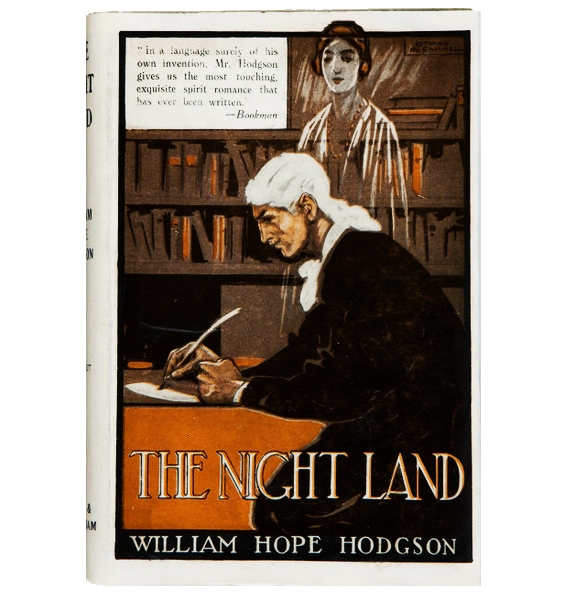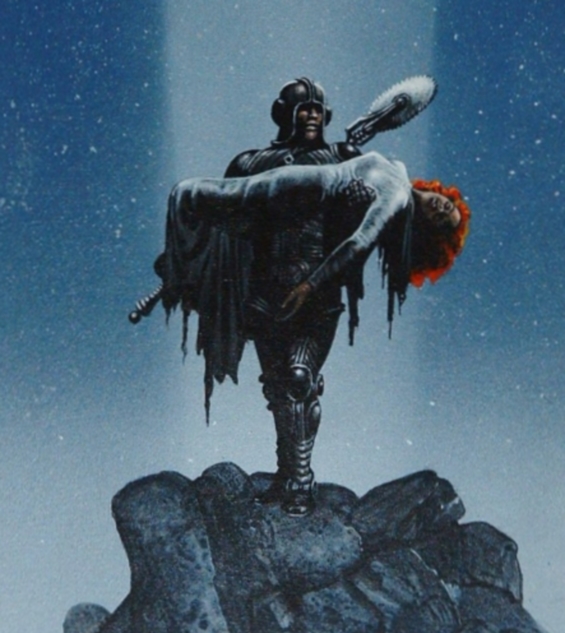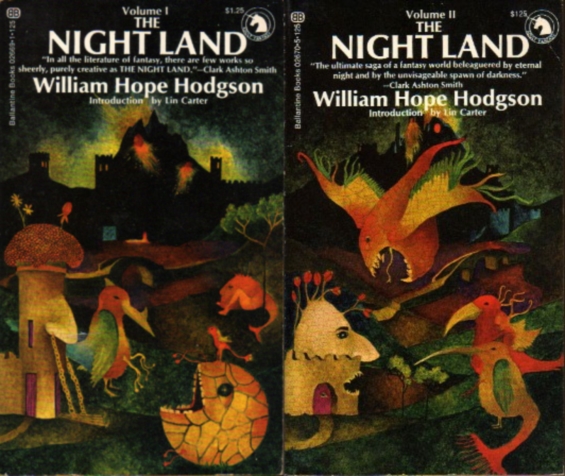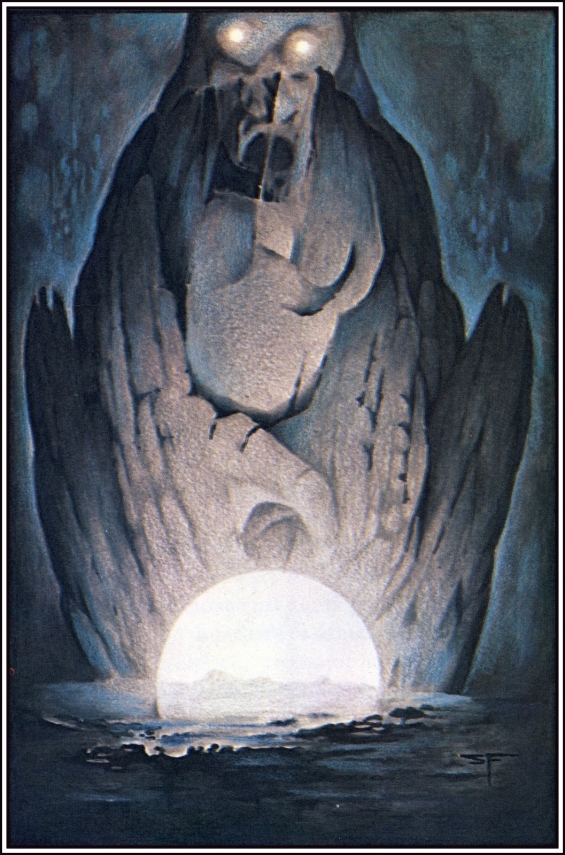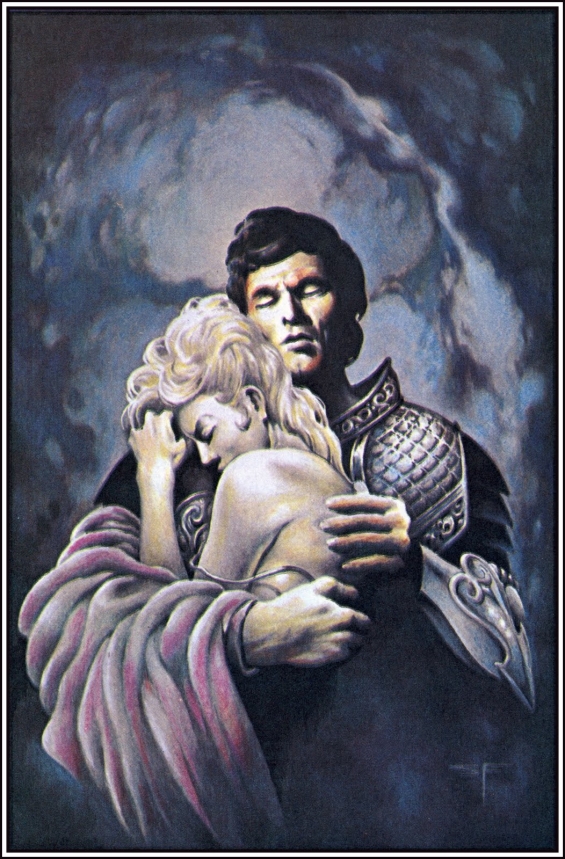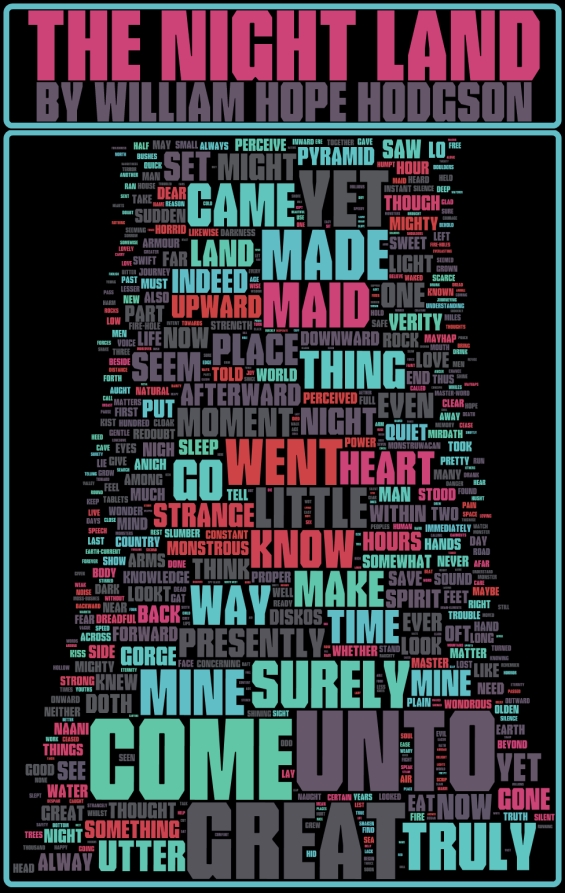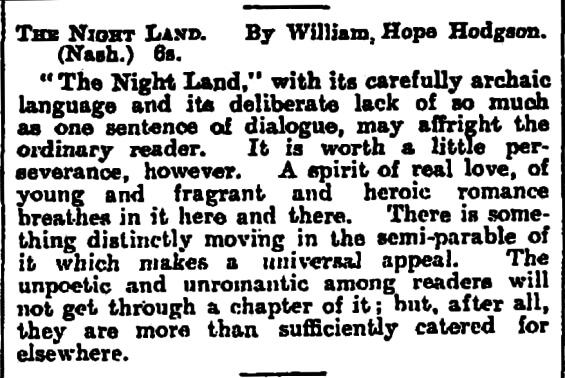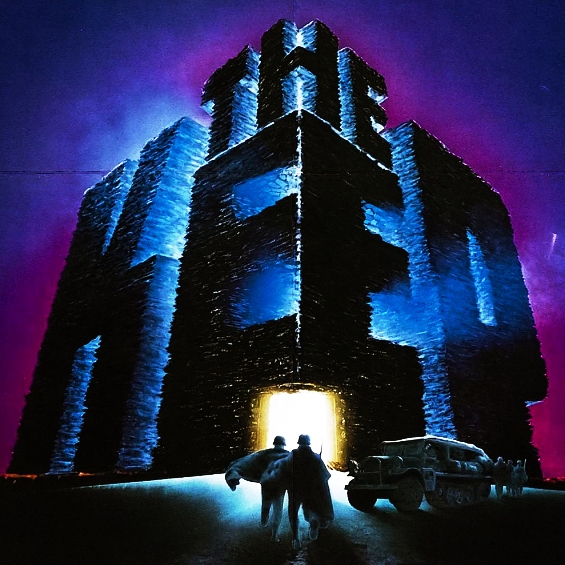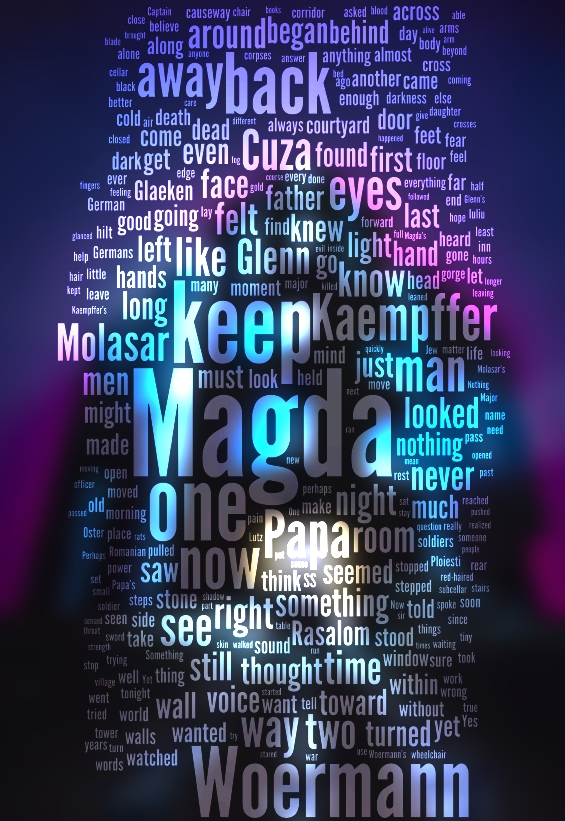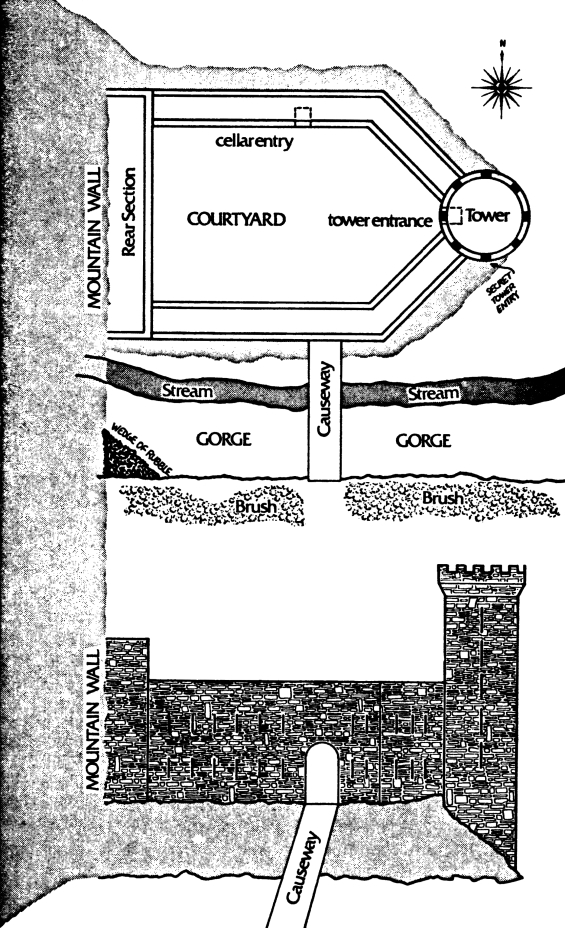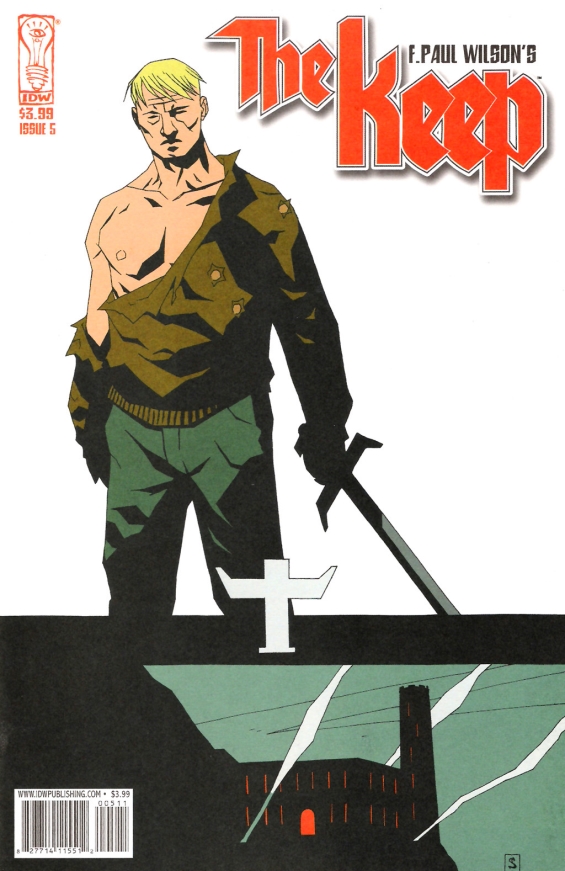
 The SFFaudio Podcast #356 – Jesse, Paul, and Marissa talk about The Demolished by Alfred Bester.
The SFFaudio Podcast #356 – Jesse, Paul, and Marissa talk about The Demolished by Alfred Bester.
Talked about on today’s show:
1952, 1953, 1951, the serialization, a futuristic old book, purple and green with the big eye, The Stars My Destination, weird corporations, quasi-computer intelligences, Marissa didn’t love it, dated elements, 1950s women, really funny, the deleted prologue (is very confusing), damn amazing, so much in so many pages, it doesn’t baby you, many ideas per page, keeping track, not great as an audiobook, page play that can’t be seen in the audiobook, the narration is great, playful with typography, SMS style talk, the Amazon reviews, @ symbols in the ebook, Jerry Chuch, he’s an Esper 2, a textual clue to his nature, (lap)², the audiobook store, an illiterate society, paperbooks are extinct, a post-literate society, when you start listening to audiobooks…, shame for not reading textual books, reading aloud as entertainment, future societies, better as a paperbook on your first read, font size changes, the reader does a lot of the work, an amazing narration, dissension has begun, image of a laughing horse, more than one text version, the original serialization in Galaxy, the finished draft is the paperbook, changes between the text, Monarch vs. Sacrament, “enhanced books”, the esper world, the best adaptation of of The Demolished Man is Babylon 5, terrible and yet essential, the Alfred Bester episodes of Babylon 5, The Lord Of The Rings in space, it’s Dune, the Psi-Corp, “demolition”, the character of Alfred Bester, a dark Powell, deliciously played by Walter Koenig, evil, powerful, charismatic, on Spaceland, The Hunger Games, an unreal world, Sinclair, rogue telepaths, what does it mean if psi-powers were real, the breeding program, marriage, mundanes and telepaths, the coming war, his girlfriend is in the freezer, D’Courtney was a latent telepath, Ben Reich’s half sister, throat cancer, a psychic-scream, Powell and Reich (also in The Stars My Destination), Ben Reich = good money, Powell = power, Dishonest Abe (Lincoln Powell), Jerry Church (corrupted by the money), when telepaths make love, soooo Freudian, New York, sooo dated, demolishing the daughter, a sexy-father figure (super creepy), room for progression, who is Ben Reich’s heir?, who is D’courtney’s heir?, Powell now has all the power and all the money, he’s the bad guy (if you squint), the reconstruction happens in Star Trek episode (to Uhura), Nomad, we misread the code too, an inverted detective story, how-done-it, how-to-catch-’em, a locked room mystery, adapting it to TV, a Philip K. Dick-style mindfuck, a hugh solipsist section, artificial personalities, false memories, no stars in the sky, Star Trek: The Next Generation: Remember Me, going back to the womb, back to the beginning, explosion, concussion, the man with no face, suddenly blood is on him, very Lady Macbeth, a premonition of his future, he’s afraid of himself, The Prisoner‘s final episode, panettone, just 175 pages, the Hugo award, creepy stuff, the gilded corpse, ReDemolished, an essay by Bester on how novels are written, the book is dedicated to H.L. Gold (editor of Galaxy magazine), Astounding, Amazing, John W. Campbell, Jr., Scientology, ESP stuff, DARPA, remote viewing, one of Jesse’s profs, premonitions, Slan by A.E. van Vogt, power fantasy, “fans are slans”, the Minority Report thingy, no sense of the poor, in the Babylon 5 universe…, resentment of PSI, super-powerful, Babylon 5 is pretty amazing, The Best Of All Possible Worlds by Karen Lord, Julian May, tension, a caste system, psionic aliens, class struggles, Chooka Frood (the corrupt brothel-keeper), a role playing game character, ceramicly beautiful, a dream, a blind albino who plays gimpsters, “accident”, Duffy Wyg&,
Eight, sir; seven, sir;
Six, sir; five, sir;
Four, sir; three, sir;
Two, sir; one!
Tenser, said the Tensor.
Tenser, said the Tensor.
Tension, apprehension,
And dissension have begun.
Doctor Who, The Master, Jo’s rhyme, Mary Had A Little Lamb…, jingles, Bester wrote radio dramas, strange observations, everybody is in the business, if you are at a psychic party…, a throwaway line about the old deaf mutes…, blackmail, no man is an island, “make your enemies on purpose”, he’s an awful man, William Edgars from Babylon 5, Donald Trump, how he earned his money, that embrace, their hugging, we are not ignorant but we aren’t fully party to Ben’s plans, eating candy, there was no bullet, an apache duster, the cover of Galaxy, “humans are weird”, compact death, if we are paying very close attention we should be noticing all the details that aren’t there, the missing bullet hole, the closer you read it the better it pays you, a million more themes, we go to Venus we go to Mars, written today it would be a 600 page doorstop that wouldn’t do half the stuff, “I liked dishonest Abe”, “absolutely scary”, “let’s foreground that”, “I might marry you I’m not really sure about that”, “punch me around”, Coming Attraction by Fritz Leiber, a parody of Mickey Spillane, The Man Who Japed, “he shot her in the groin”, there whole world is completely strange, New York, the future computer, typewriter hands and punch cards, glimpses into…, rushing towards demolition, Old Man Mose, “kittenish”, they’ve turned over parts of their society to…, horrible but compelling, damaged or mean or weird, the game of Sardine, Smee by A.M. Burrage, party games, who ends up alone?, everyone is together and naked, a bunch of adults playing naked hide-and-seek, parallels to the fake solipsistic world, “here’s how I did it”, the delusionary world, he finally had to face the man with no face, I couldn’t tell him the truth…, we were buying it the whole time!, skepticism, admissible evidence and objective proof, Powell looking at Ben, the mysterious parcel, it’s a present for you Ben, clumsy hands, we’re all of just nursemaids in this crazy world, Powell friend, “listen normals”, we see the truth that you cannot see, mind to mind and heart to heart, Powell was the villain the whole time, William Edgars virus, “solve the telepath problem once and for all”, something that Reich never does, a moment of self-awareness, he’s a monster but at least he feels bad about it, Garibaldi’s manipulation, revealing all on the train, Harlan Ellison, Powell is secretly evil, we’re distracted by Reich, Inception (2010), the horror lies, tragic despair, D’Courtney’s secret wish (he wanted to die), his son gave him what he wanted, on some level Ben Reich is a telepath, everything Powell says is a lie, the more you read it the better it is going to get, you need to go into analysis, unspool it, re-reading, one of the best audiobooks, Joe Dunlop, Isis Audiobooks, from 1989, still for sale as tapes, it totally worked with the story, a good sign of a good narration.
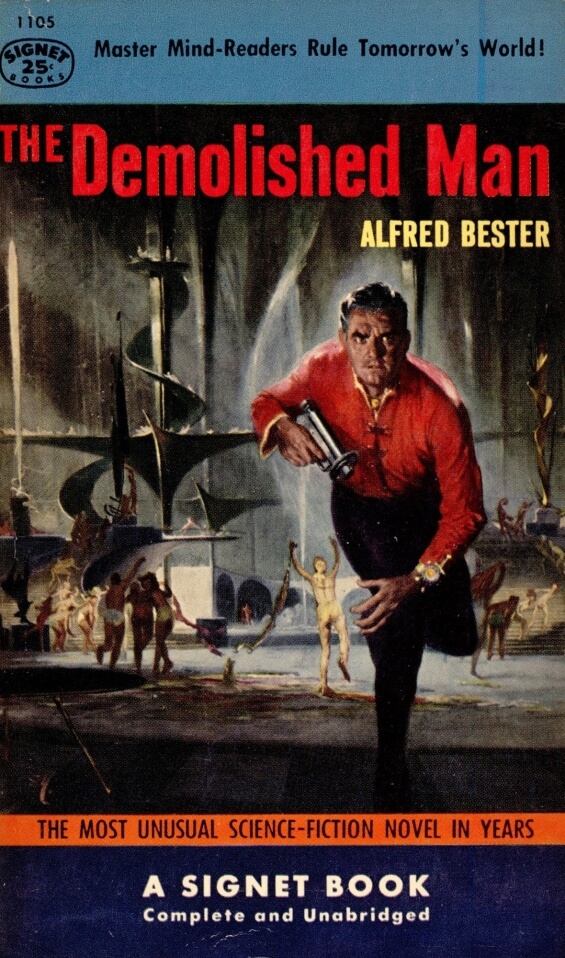
Posted by Jesse Willis

